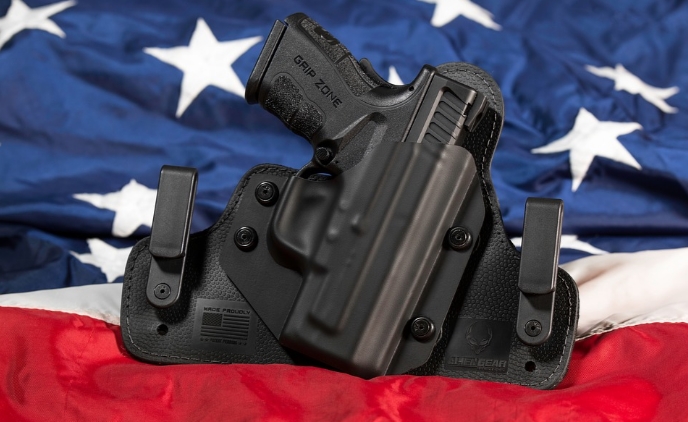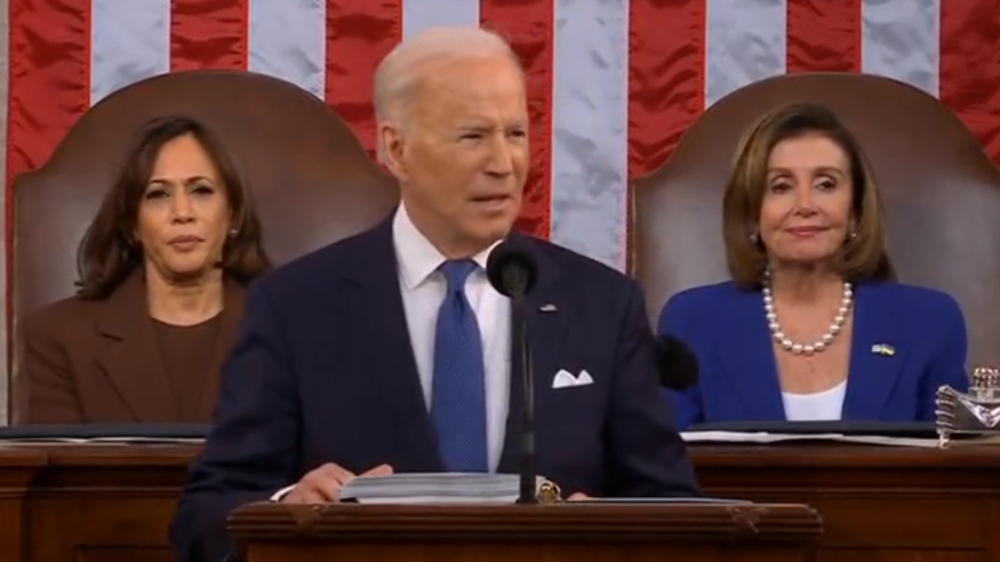Road “safety” surveillance: UK cars to be fitted with speed limiters
07/08/2022 / By Mary Villareal

Cars in the United Kingdom are now being fitted with speed limiters as part of their mandatory measures, with the most commonly used variety being the Intelligent Speed Assistant (ISA).
The ISA works by using GPS data alone, with cameras for traffic sign recognition fitted to the front of the car – or a combination of the two. A speed limiter could also affect the engine power, which decreases the speed.
Speed limiters are designed to prevent drivers from exceeding certain speed limits and prompt them via audio, visual and haptic warnings until they slow down. While drivers can override the technology by pressing on the accelerator, the system does turn on as standard every time the car starts.
The mandate for this technology is similar to that of the European Union (EU) for all new cars. The European Commission first came up with this idea back in 2019, while the European Transport Safety Council (ETSC) made the speed limiters a compulsory feature.
Under the EU General Safety Rule, manufacturers can choose how their systems notify drivers regarding a speed limit breach.
The purpose of the speed limiters is to improve road safety, and drivers can set their own limits or be subjected to automatic limits enforced by different zones.
Several car manufacturers have already included this technology in their vehicles, such as Ford, Nissan and Peugeot. The mandatory inclusion of speed limiters will be introduced gradually in terms of allowing drivers to have control over them. They are “opt-in” at the moment, and drivers can still turn them off. (Related: Automakers track and store your location as you drive.)
Speed daredevils and careless drivers will not get reined in automatically with this rule. The ISA system will only serve as a stepping stone toward the implementation of fully automated speed controls.
Recently, a speed limit “geofencing” project had been explored by the Ford company in Cologne, Germany, which prevents drivers from speeding in specific geographical areas, with speed control being the key component of expected advances in self-driving technology.
The government also plans that this option be removed completely in the future. If speed limiters are proven successful, the self-driving car industry could get an important boost.
British public amenable to speed limiters
Mark Gabriel, director of motor products at Admiral, talked about the public perception of speed limiters and whether or not they will be accepted. He said it is encouraging that around 47 percent of people welcome the use of the ISA technology, with 68 percent doing so because they want to see speeding being addressed, as well as improve road safety. (Related: Massive new airborne city surveillance system can track and record everywhere you drive your car in real time.)
“Exceeding the statutory speed limit on a public road tops the list of convictions that customers declare when they renew their policies,” Gabriel said, adding that it accounts for 71 percent of the convictions reported to them. All types of speeding convictions actually account for 92 percent of declared convictions.
Gabriel pointed out that the minimum penalty for a speeding conviction is set at £100 ($120) with three penalty points added to the license unless one is given the option of attending a speed awareness course. Those with 12 penalty points over three years could lose their licenses.
Moreover, speeding convictions could also impact insurance premiums, adding around 23 percent to a person’s annual car insurance premium for those who receive an SP30 and three points. Those who have seven points or more for speeding could see premiums increase by as much as 75 percent.
Law changes will be introduced in 2024, which will include mandates that all cars that have already been launched be fitted with ISA.
Visit RoboCars.news for more news related to high-tech additions to cars.
Watch the video below about some of the fastest cars in the world that could soon be fitted with speed limiters.
This video is from the chrisTV channel on Brighteon.com.
More related stories:
EU calls for tracking computers in all vehicles to monitor, regulate travel.
Researchers prove your car can be tracked using just your starting location and driving speed.
Uber is your Big Brother: It tracks you everywhere, even when you’re not using the Uber app.
Sources include:
Submit a correction >>
Tagged Under:
European Union, Intelligent Speed Assistant, road safety, speed limiters, speeding, surveillance, tracking computers, traffic, transportation, United Kingdom, vehicle monitoring, vehicles, vehicular accidents, watched
This article may contain statements that reflect the opinion of the author
RECENT NEWS & ARTICLES
COPYRIGHT © 2018 ORWELLIAN.NEWS
All content posted on this site is protected under Free Speech. Orwellian.news is not responsible for content written by contributing authors. The information on this site is provided for educational and entertainment purposes only. It is not intended as a substitute for professional advice of any kind. Orwellian.news assumes no responsibility for the use or misuse of this material. All trademarks, registered trademarks and service marks mentioned on this site are the property of their respective owners.



















